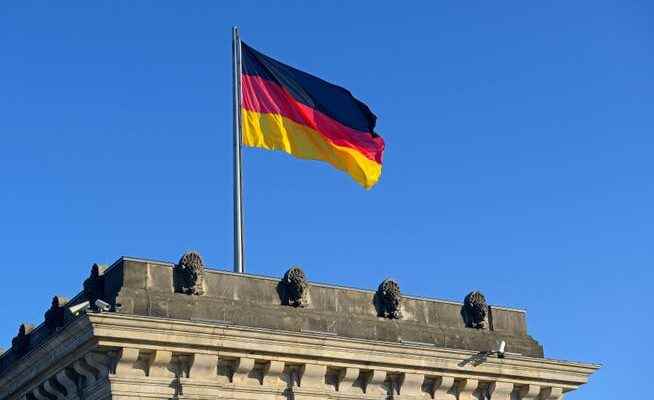The tax proposals of the German Council of Economic Experts have sparked a controversial debate. Behind this is a more fundamental problem in Germany’s handling of the energy crisis.
Germany has a penchant for the fully comprehensive mentality: the state should protect citizens and companies from every hardship in life.
The longer the energy crisis lasts, the more striking it is that Switzerland and Germany deal with it differently. While the former remains relatively calm and has so far refrained from extensive aid packages, the Rhine is followed by a relief package and the other “double booms” in quick succession. The sum of all provided, planned and possible aid amounts to up to 300 billion euros. Once again there is a German tendency towards a fully comprehensive mentality with little confidence in one’s own strength.
medicine with side effects
However, the undesirable side effects of this flood of money are also becoming increasingly apparent. In his recent annual report the Council of Economic Experts («Wirtschaftsweise») emphasizes that much of the aid is not targeted enough and that it also goes to high-income households that can bear the burden themselves. This not only puts more of a strain on government budgets than necessary, but also fuels high inflation (because government manna creates more demand while supply remains unchanged).
One can only agree with this diagnosis. However, the therapy proposed by the economists is questionable: in essence, the five argue that high earners received state aid unnecessarily and that part of it should therefore be taken away from them through higher taxes. Specifically, they suggest that high-income households participate in the financing of the relief measures “for a strictly limited time” via an energy solidarity surcharge (energy soli) or an increase in the top tax rate. They also recommend postponing the planned cold progression compensation.
This would make the “overall package of relief and burdens more targeted,” they explain. Certainly, the experts can point out that Germany currently lacks an instrument that would allow households to be relieved quickly and without bureaucracy in a targeted, income-related manner in the form of one-off payments.
Ever deeper into the thicket
It would be obvious, on the one hand, to create such an instrument as quickly as possible and, on the other hand, to reduce the watering can effects of the previous measures by slimming them down. Instead, the economists want to fight the side effects of one state intervention with another state intervention. They are thus advising a further turning of the spiral of intervention that has already given Germany an almost impenetrable bureaucratic jungle of support measures and at the same time a very high tax burden by international comparison.
In addition, the proposals of the Council of Experts could also have negative side effects – and in turn call for new corrections: An increase in the top tax rate, for example, would also affect owners of partnerships, some of whom are already struggling to survive their companies in view of the high energy costs. The time limit on such measures is also not very credible, especially since the solidarity contribution introduced in 1991 to cover the costs of reunification for a “strictly limited period” has still not been completely abolished.
That the proposed tax increases would slow down investment is therefore not out of the blue. However, the report hardly examines all of this.
cause for concern
The proposals have little chance of being implemented because the liberal Finance Minister Christian Lindner strictly rejects them. They do, however, give cause for concern: Who will still act as a political conscience in Germany in the future if even the economists traditionally assigned to this role verbally turn the spiral of intervention and try to drive out the devil with Beelzebub? Your tax proposals are certainly not wise advice.
You can contact the Berlin business correspondent René Höltschi Twitter follow.
